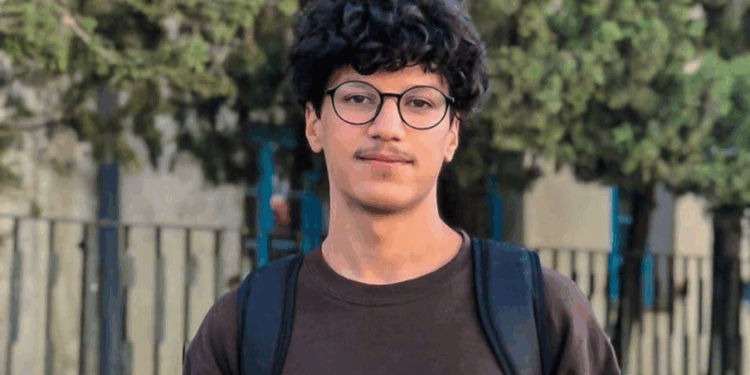The university orientation process in Tunisia crosses an area of turbulence after the revelation of a serious dysfunction that affected twelve graduates from the governorate of KEF.
The latter, among the most deserving in their region, were oriented towards sectors that they had not chosen. A case qualified as “mysterious and disturbing” by families and observers, especially since it affects brilliant students like Mohamed Abidi, received in the bac with an average of 18 out of 20.
According to an official at the Ministry of Higher Education and Scientific Research quoted by Mosaique FM, this “mysterious injustice” is not due to an administrative error, but to a deliberate manipulation of the personal data of the students. The changes would have been made in a public internet center, with a change in choices initially seized by the candidates themselves.
Alerted by the testimonies and publications of the students concerned, the administration opened an investigation in coordination with the Ministry of Communication Technologies and that of education. Thanks to digital traceability, the services were able to identify the IP address used as well as the precise moment of the intrusion.
Repair in progress and judicial investigation
The ministry assured that a repair procedure is underway, studying each case case by case in order to redirect students according to their legitimate choices and their classification. The Minister of Higher Education, Mondher Belaïd, would have personally contacted some of the pupils victims, guaranteeing them that they will be restored in their rights, as in the case of Mohamed Abidi, to whom a place in the Faculty of Medicine should be allocated.
In parallel, administrative and judicial proceedings have been announced against the authors of this digital sabotage. The ministry qualifies these acts of deliberate sabotage aimed at disrupting the smooth running of university orientation “.
A row of national solidarity
The case of Mohamed Abidi aroused great emotion on social networks, where the young man published a gratitude message with regard to all those who supported his cause: citizens, media, and responsible. “This right, I did not lose it because I asked for it,” he wrote, moved, welcoming the momentum of national solidarity.
This incident raises fundamental questions about securing public digital platforms, in particular during procedures as sensitive as university orientation. Confidence in the system is based on the guarantee that students’ choices cannot be altered, whether by negligence, error or malicious act.
Pending the final results of the survey, the KEF affair recalls that even automated and centralized systems are not immune to abuse. It also highlights the need for vigilance and human supervision in any digital process involving the fundamental rights of citizens, in particular young people in search of the future.








